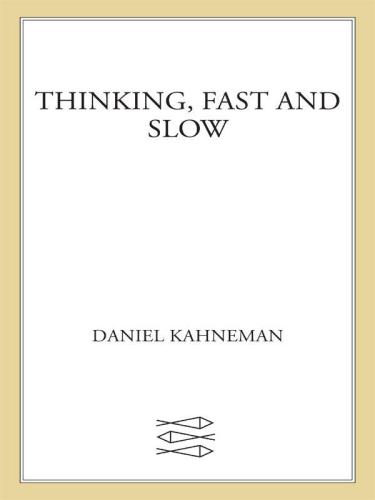
From "Thinking, Fast and Slow"
The Halo Effect in Business Evaluation
Key Economic Insight
The halo effect, combined with other cognitive biases, contributes to a distorted view of the world, making it appear more predictable and coherent than it truly is. This illusion of understanding feeds into the belief that one can predict and control the future, a comforting thought that many business books are designed to satisfy, suggesting that wisdom and courage will consistently lead to success.
In a business context, the halo effect frequently inverts the causal relationship between performance and leadership. For example, a CEO of a thriving company might be described as 'flexible' and 'decisive.' However, if that same company later faces difficulties, the exact same executive might then be labeled 'confused' and 'authoritarian.' Both descriptions feel correct at the time, leading to the mistaken belief that the traits caused the outcome.
This illusion of understanding occurs when the success or failure of a firm dictates how its leadership and management practices are perceived. People are prone to believe a firm fails because its CEO is rigid, when in truth, the CEO *appears* rigid because the firm is failing. Studies analyzing successful and less successful firms, like those referenced in 'Built to Last' and 'In Search of Excellence,' consistently exaggerate the impact of leadership, largely due to the halo effect and outcome bias, and ignore the significant role of luck and regression to the mean.
📚 Continue Your Economic Learning Journey
Access the complete Thinking, Fast and Slow summary with audio narration, key takeaways, and actionable insights from Daniel Kahneman.